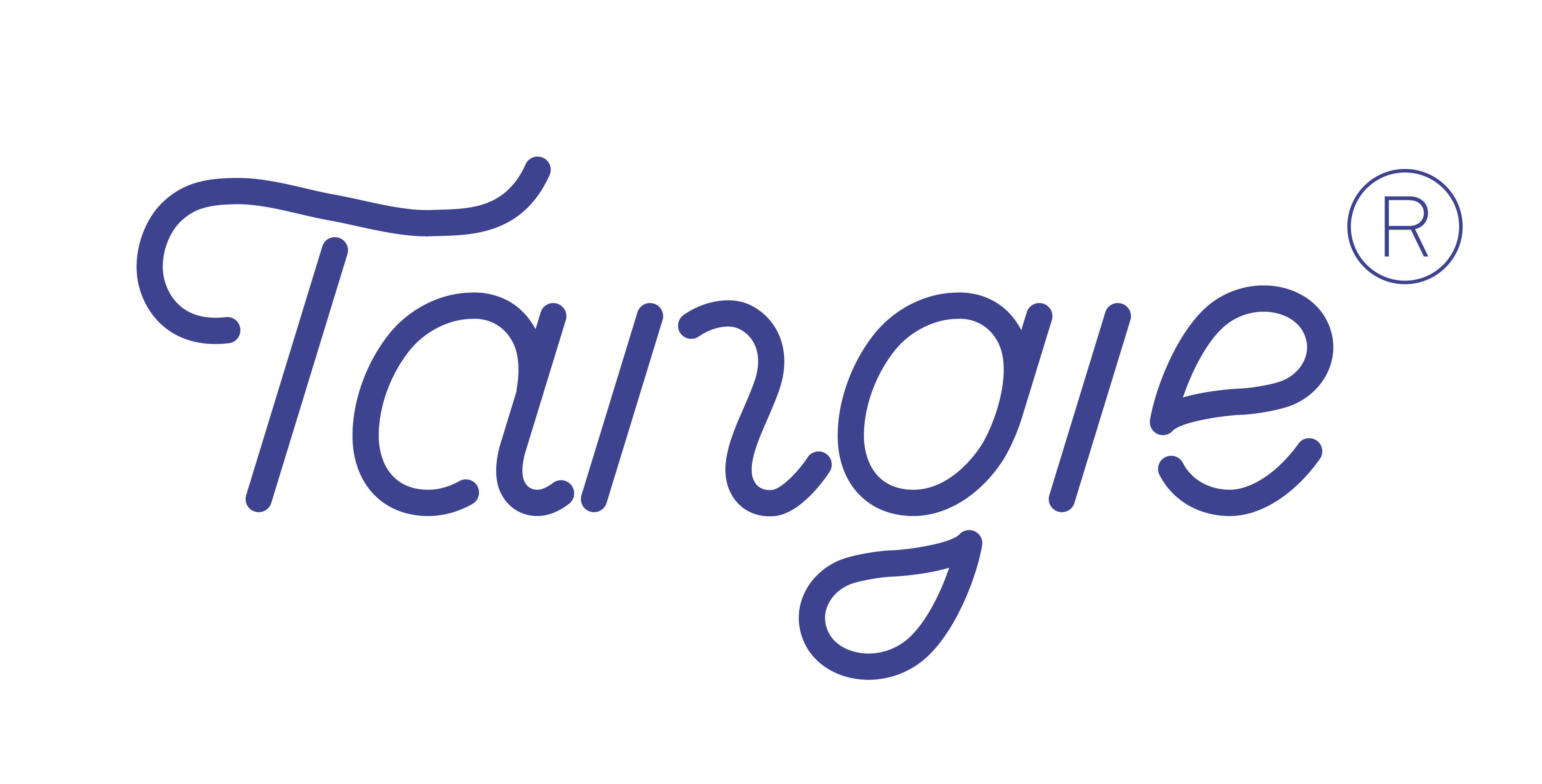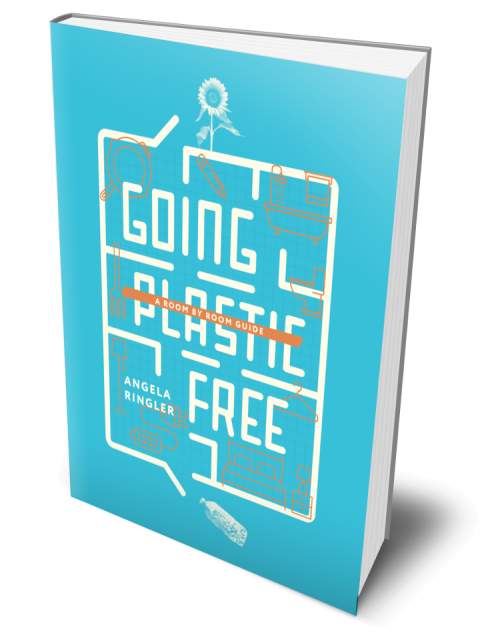How To Follow The 3Rs of Zero Waste Living?

Taking the zero-waste route is a process and mindset that takes time and patience. Since we get so involved in our daily routine lives, that change seems scary and uncomfortable initially. Whether you are just starting on this new zero waste journey or you are already an expert, there are brands like ours, Waste Free Products, which will help us rethink our daily products to consider the impact of each of these on the environment, our homes, and our own overall health.
So being a part of your journey is what motivates us to swap out every single use of plastic in favor of better alternatives, which are long-lasting, compostable, eco-friendly, consciously made, and are low waste.
What Is A Zero Waste Lifestyle?
The Zero Waste International Alliance describes zero waste as “the preservation of all resources through responsible production, consumption, reuse, and recovery of products, packaging, and materials, avoiding burning and preventing any discharges that could harm the environment or human health.”
The zero waste movement and the circular economy are vitally important aspects of our ongoing quest for sustainability, as they provide innovative alternatives to our current relationships with waste and our material economy, which are inherently unsustainable.
This involves practices such as reducing, reusing, and recycling, ensuring that products are designed with their entire life cycle in mind. Additionally, it encourages the use of biodegradable materials and the reduction of single-use plastics, thus minimizing the amount of waste that ends up in landfills or the environment.
By integrating principles of the circular economy, companies can create products that are easier to repair, refurbish, and recycle, contributing to a more sustainable and resilient economy.
Together, these movements challenge traditional notions of consumption and disposal, encouraging societies to move away from linear economic models that prioritize short-term gains and contribute to environmental degradation. Instead, they foster a culture of sustainability that promotes responsible consumption, resource stewardship, and ethical production practices, all of which are essential for the health of our planet and future generations.
By adopting zero-waste principles and embracing circular economy practices, we can work towards a more sustainable future that respects our planet’s limits and prioritizes the well-being of all living beings.
What Are The 3Rs Of Zero Waste Lifestyle?
Reduce
The first and most crucial step is to reduce the amount of waste you create. Minimise your impact on the planet by buying fewer plastic products and focus on buying sustainable products that have a smaller carbon footprint.
Minimizing Consumption
Purchase only what you need. This includes avoiding impulse buys and opting for products with minimal packaging.
Choosing Quality Over Quantity
Invest in durable, high-quality items that last longer, rather than cheaper, disposable options.
Digital Alternatives
Opt for digital versions of products, such as books, tickets, and documents, to reduce paper waste.
Mindful Eating
Plan meals to avoid food waste, and store food properly to extend its shelf life.
Reuse
This principle promotes creativity and sustainability by encouraging individuals to repurpose and reinvent items, transforming them into something new and useful rather than discarding them.
By doing so, it not only reduces waste but also fosters innovation and resourcefulness, allowing people to discover alternative functions for objects that might otherwise be considered obsolete.
Repurposing
Get creative with items you no longer need. For example, glass jars can be used for storage or as planters.
Buying Second-Hand
Consider thrift stores, garage sales, or online marketplaces for pre-owned items, which reduces the demand for new products.
Repairing
Instead of throwing away broken items, try to repair them. This not only saves money but also reduces waste.
Reusable Products
Invest in reusable items like water bottles, shopping bags, and containers to minimize single-use products.
Recycle
Recycling involves processing used materials into new products to prevent waste. This process not only conserves natural resources but also reduces the need for raw material extraction, which can be environmentally damaging. By recycling, we can decrease pollution, save energy, and reduce greenhouse gas emissions.
Moreover, recycling helps to minimize the amount of waste sent to landfills and incinerators, contributing to a cleaner and more sustainable environment. It also promotes economic growth by creating jobs in the recycling and manufacturing industries. Encouraging recycling can lead to a more circular economy, where products are reused and repurposed, extending their lifecycle and reducing overall environmental impact.
Understanding Local Recycling Rules
Familiarize yourself with what can and cannot be recycled in your area to ensure proper disposal.
Participating in Recycling Programs
Engage in community recycling initiatives and support businesses that prioritize recyclable materials.
Upcycling
Transform waste materials into new products of better quality or environmental value. For example, turning old t-shirts into bags.
Educating Others
Share knowledge about recycling practices to encourage friends and family to participate in recycling efforts.
3-Step Process To Follow The 3Rs Of Zero Waste Living
Educate Yourself About Reducing Waste & How Waste Is Handled Where You Live
Inform yourself about minimizing waste and understanding waste management in your area. It’s crucial to embark on any major endeavor with a foundation of knowledge and readiness. This is particularly important when beginning your zero-waste journey, as, if executed correctly, it can lead to a substantial transformation in your way of living.
Most changes must come in your day-to-day lifestyle, and we tend to accumulate a lot of waste at home. Zero waste lifestyle begins at home, when you look inwards, you will notice that from the kitchen to the bathroom, everything you do can be improved through more sustainable practices.
Focus On Zero Waste Lifestyle Changes You Can Implement First
Transitioning to a zero waste lifestyle can seem daunting, but starting with small, manageable changes can make a significant impact. Here are some practical steps you can take to begin your journey towards reducing waste in your daily life:
- Refuse Single-Use Plastics: Say no to plastic bags, straws, and utensils. Opt for reusable alternatives such as cloth bags, stainless steel straws, and bamboo or metal utensils.
- Reduce Food Waste: Plan your meals and shop with a list to avoid buying unnecessary items. Composting scraps can also reduce waste and enrich your garden soil.
- Opt for Package-Free Products: Whenever possible, choose bulk options for food and household items. Many stores offer refill stations for items like soap, shampoo, and grains.
Research & Understand Your Role As A Consumer
Understanding your role as a consumer from a zero waste perspective is crucial for fostering sustainability. It begins with recognizing the impact of your purchasing decisions on the environment. As a consumer, you can minimize waste by opting for products with minimal packaging, choosing reusable items, and supporting brands that prioritize sustainability.
Emphasizing quality over quantity, you should invest in durable goods that last longer, reducing the need for frequent replacements. Additionally, consider second-hand shopping to extend the lifecycle of products and reduce demand for new items.
Educating yourself about the companies you support is vital; look for those committed to ethical practices and waste reduction. Finally, practice mindful consumption by assessing your needs before making a purchase, ultimately leading to a more sustainable lifestyle and a significant reduction in waste
Possible Lifestyle Changes You Can Adopt In 2025
Embracing the 3Rs of the Zero Waste Lifestyle is a proactive way to contribute to environmental sustainability. By focusing on reducing consumption, reusing items, and recycling materials, individuals can significantly decrease their ecological footprint and promote a more sustainable future.
Let’s look at our lifestyle room by room, habit by habit, to make our life more sustainable for us and the planet.
Kitchen
There are several ways to make our kitchen more sustainable and low-waste. Consider composting food scraps to minimize waste and enrich your garden soil. Choose energy-efficient appliances and use them mindfully to conserve energy.
Buy local and seasonal produce to reduce your carbon footprint and support local farmers. Additionally, practice mindful meal planning to avoid food waste, and recycle packaging materials whenever possible. By implementing these practices, you can create a more eco-friendly kitchen environment.

Start by gradually replacing plastic items with alternatives like glass containers. Instead of discarding all your plastic Tupperware at once, wait until they are no longer useful before making the switch. Approach this transition systematically and thoughtfully to avoid feeling overwhelmed.
You can swap plastic bags for cotton reusable bags when you go to buy your groceries.
Stop using the throwaway paper towels that contribute to waste and environmental degradation. Instead, consider adopting reusable napkins and reusable towels that can greatly reduce your carbon footprint.
By making this simple switch, you not only save money in the long run but also contribute to a sustainable lifestyle. Reusable options can be washed and reused many times, minimizing your reliance on single-use products that harm the planet. Embrace this eco-friendly practice and be part of the movement towards a greener future.
Opt for eco-friendly and non-toxic dishwashing bars by the Tangie for cleaning your vessels to experience clean, non-toxic cleaning.
Every step is small, but it goes a long way towards creating a fresh habit. Once you have initiated these swaps, your kitchen will feel green without those sneaky plastic items.
Bathroom
The bathroom is usually a place that tends to quickly accumulate a lot of trash and plastic. In your zero-waste journey, we are sure this is one segment you will thoroughly enjoy making it plastic-free, greener, eco-conscious, and cleaner.

First thing to do is to get rid of plastic floss and make the switch to a reusable glass container. You can also look for natural plastic free toothpaste from different brands, including dental tabs, which are an easy alternative to conventional toothpastes. You can pop in a dissolvable tablet in your mouth from these cute glass containers.
Simply switch your existing liquid shampoo and conditioner with a solid, eco-friendly shampoo and conditioner bar. Look for personal care products and swaps that can help you in this journey as well.
Opt for safety razors as these refillable safety razors are made of stainless steel will look much better in the shower than plastic ones. Just do not let them stay wet for too long to eliminate rusting. Pair it with a Shave bar, which is solid, zero waste, eco-friendly, and naturally made.
Cleaning Routine
Everyone loves a clean home, but is it good for us, too? We often overlook the harmful ingredients in cleaning products, which can be detrimental to both our health and the environment. These chemicals can contribute to air and water pollution, harm wildlife, and even pose risks to human health through skin contact or inhalation.

It’s important to choose eco-friendly alternatives that use natural ingredients and are biodegradable. By doing so, we can reduce our ecological footprint and promote a healthier lifestyle for ourselves and future generations.
Luckily, there are many amazing brands like ours at Tangieco which are revolutionizing green cleaning and packaging, helping us to generate less trash, which ends up in landfills or worse in our oceans.
Our laundry detergent concentrate bar makes 1 gallon worth of liquid detergent and takes care of 256 loads. This itself eliminates those nasty plastic containers almost instantly.
When we are making the transition towards sustainability zero-waste lifestyle, it’s essential to look at our habits and see how our daily routines could make the greatest impact. How small baby steps of change can lead to a bigger impact.
In the comments below, leave us comments about your zero-waste lifestyle journey and share any tips and ideas that will help someone else here join the bandwagon successfully for years to come.
 Save $$ every time you buy Tangie bar
Save $$ every time you buy Tangie bar










